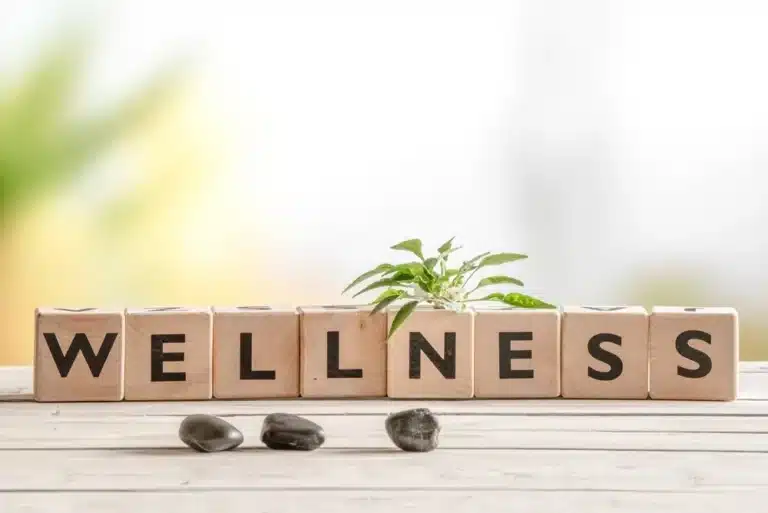Nursing home abuse is a disturbing reality that is all too common. According to recent studies, up to 1 in 6 nursing home residents may be experiencing abuse or neglect. This is a harrowing statistic, and it is crucial to be aware of the signs of neglect and abuse in nursing homes. Here are some common signs to watch out for.
Physical Signs of Neglect and Abuse
Physical signs of neglect and abuse can be some of the most visible indicators. These can include unexplained bruises, cuts, or wounds, broken bones, or burns. Bedsores or pressure ulcers may also indicate neglect, as they are often caused by a lack of proper care and movement. If you notice any of these signs, it is important to investigate further and speak with the nursing home staff or management.
Emotional Signs of Neglect and Abuse
Emotional signs of neglect and abuse can be harder to detect, as they may not be as visible. These can include sudden changes in mood or behavior, withdrawal from social activities, depression, and anxiety. If your loved one seems hesitant to speak about their experiences, seems frightened, or has lost interest in activities they previously enjoyed, these may be signs of emotional abuse or neglect.
Neglect of Basic Needs
Neglect of basic needs is a form of abuse that occurs when the nursing home fails to provide the necessary care and support for residents. Signs of neglect of basic needs can include malnutrition, dehydration, poor hygiene, and inadequate medical care. If you notice that your loved one’s living conditions are unsanitary, or if they seem undernourished or dehydrated, it is important to investigate further and report your concerns to the nursing home staff or management.
Financial Exploitation
Financial exploitation is a form of abuse that occurs when the nursing home or staff member takes advantage of a resident’s finances. Signs of financial exploitation can include unexplained withdrawals from bank accounts, sudden changes in wills or trusts, and missing possessions or valuables. If you notice any of these signs, it is important to investigate further and report your concerns to the nursing home staff or management.
Medication Errors
Medication errors are another form of neglect and abuse that can have serious consequences. Signs of medication errors can include missed doses, incorrect dosages, or medication that is not prescribed to the resident. If your loved one seems to be experiencing side effects from their medication or if their symptoms are not improving, it is important to investigate further and report your concerns to the nursing home staff or management.
What to Do If You Suspect Neglect or Abuse
If you suspect that your loved one may be experiencing neglect or abuse in a nursing home, it is important to take action. Speak to the nursing home staff or management and report your concerns immediately. Document any signs of neglect or abuse that you have observed, including dates and times. If necessary, contact local law enforcement or adult protective services. You may want to research for a good Nursing Home Abuse Lawyer Loganville, GA to help you receive proper financial compensation.
Preventing Neglect and Abuse
Preventing neglect and abuse in nursing homes is crucial, and there are steps that you can take to reduce the risk. Visit your loved one regularly and establish open communication with the nursing home staff. Speak to your loved one about their experiences and report any concerns or issues to the nursing home management. Consider installing a surveillance camera in your loved one’s room, with their consent, as an added measure of security.
In conclusion, recognizing signs of neglect and abuse in nursing homes is essential for protecting the health and well-being of our loved ones. By being aware of the signs and taking action, we can help prevent neglect and abuse in nursing homes and ensure that our loved ones receive the care and support they deserve.












